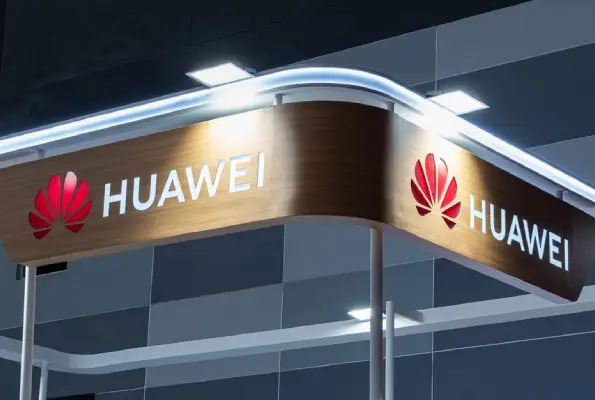Chinese telecom giant Huawei Technologies is trying to make a name for itself in markets controlled by US chip designer Nvidia by exporting small quantities of AI chips to the Middle East and Southeast Asia.
As per the reports, the venture has already contacted prospective clients in Thailand, Saudi Arabia, and the United Arab Emirates regarding the purchase of its older-generation Ascend 910B AI chips. Huawei is selling these chips in the low thousands, though it’s not yet clear how many.
However, media agency Bloomberg claimed that no agreements have been finalised as of yet, adding that parties in the United Arab Emirates have not expressed interest, and it is unclear how the talks in Thailand are progressing. The business is also attempting to draw clients by offering remote access to CloudMatrix 384, a China-based artificial intelligence system constructed with more sophisticated Huawei chips that it is not yet prepared to export because of supply constraints.
Several American tech companies, including Nvidia, have announced deals in the Middle East, which has become a booming market for AI chips. During a May 2025 tour of the region, President Donald Trump had negotiated USD 600 billion in Saudi Arabian commitments for American businesses.
The report revealed that Huawei is also concentrating on selling its cutting-edge AI chip, the 910C, to Chinese companies that are unable to obtain top-tier American chips. Because of worries that it might be used to bolster Beijing’s military, several US administrations have attempted to limit China’s access to cutting-edge American chip technology.
According to a report by The Information, Huawei is also developing a new AI chip design that would expand the capabilities of its processors to handle a wider range of AI development tasks.
The new design would reportedly more closely resemble the architecture used by both Nvidia and Advanced Micro Devices (AMD). This similarity should make it easier for Chinese AI developers to transition from Nvidia’s chips to Huawei’s alternatives.
Huawei aims to make its chips more attractive to Chinese tech companies, which currently prefer Nvidia’s processors despite increasing difficulties in obtaining them due to US export controls.
“While Chinese tech firms have tested Huawei chips, few have fully adopted them. This reluctance stems largely from the challenges developers face in adapting to Huawei’s distinct software system after years of building products using Nvidia’s CUDA software. With the planned new chip design, AI developers using Huawei’s processors will be able to run code written for Nvidia’s software platform. However, Huawei will still need to develop software that translates commands from Nvidia’s software into instructions its own chips can understand,” The Information stated.


